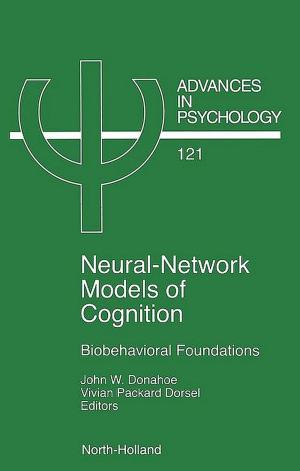The Primary Care of Seizure Disorders
A Practical Guide to the Evaluation and Comprehensive Management of Seizure Disorders
Nonfiction, Health & Well Being, Medical, Specialties, Clinical Medicine, Health, Ailments & Diseases| Author: | Hugh B. McIntyre | ISBN: | 9781483165257 |
| Publisher: | Elsevier Science | Publication: | October 22, 2013 |
| Imprint: | Butterworth-Heinemann | Language: | English |
| Author: | Hugh B. McIntyre |
| ISBN: | 9781483165257 |
| Publisher: | Elsevier Science |
| Publication: | October 22, 2013 |
| Imprint: | Butterworth-Heinemann |
| Language: | English |
The Primary Care of Seizure Disorders: A Practical Guide to the Evaluation and Comprehensive Management of Seizure Disorders is designed to help physicians who in the course of clinical practice care for patients who have epileptic seizures. The intention is to provide a thorough but concise treatment of the subject which may serve as a basic text as well as a handy reference source for solving problems as they arise on a case-by-case basis.
The book contains 10 chapters organized according to the sequence which clinical management often follows. These include differential diagnosis and genetic aspects of seizure disorders; the electroencephalographic evaluation; medical therapy of seizure disorders, including first aid and the treatment of status epilepticus; psychiatric aspects of epilepsy; problems of noncompliance; medical-legal aspects of epilepsy; and finding ancillary, community resources for patients, including voluntary organizations and patient and lay education.
The Primary Care of Seizure Disorders: A Practical Guide to the Evaluation and Comprehensive Management of Seizure Disorders is designed to help physicians who in the course of clinical practice care for patients who have epileptic seizures. The intention is to provide a thorough but concise treatment of the subject which may serve as a basic text as well as a handy reference source for solving problems as they arise on a case-by-case basis.
The book contains 10 chapters organized according to the sequence which clinical management often follows. These include differential diagnosis and genetic aspects of seizure disorders; the electroencephalographic evaluation; medical therapy of seizure disorders, including first aid and the treatment of status epilepticus; psychiatric aspects of epilepsy; problems of noncompliance; medical-legal aspects of epilepsy; and finding ancillary, community resources for patients, including voluntary organizations and patient and lay education.















